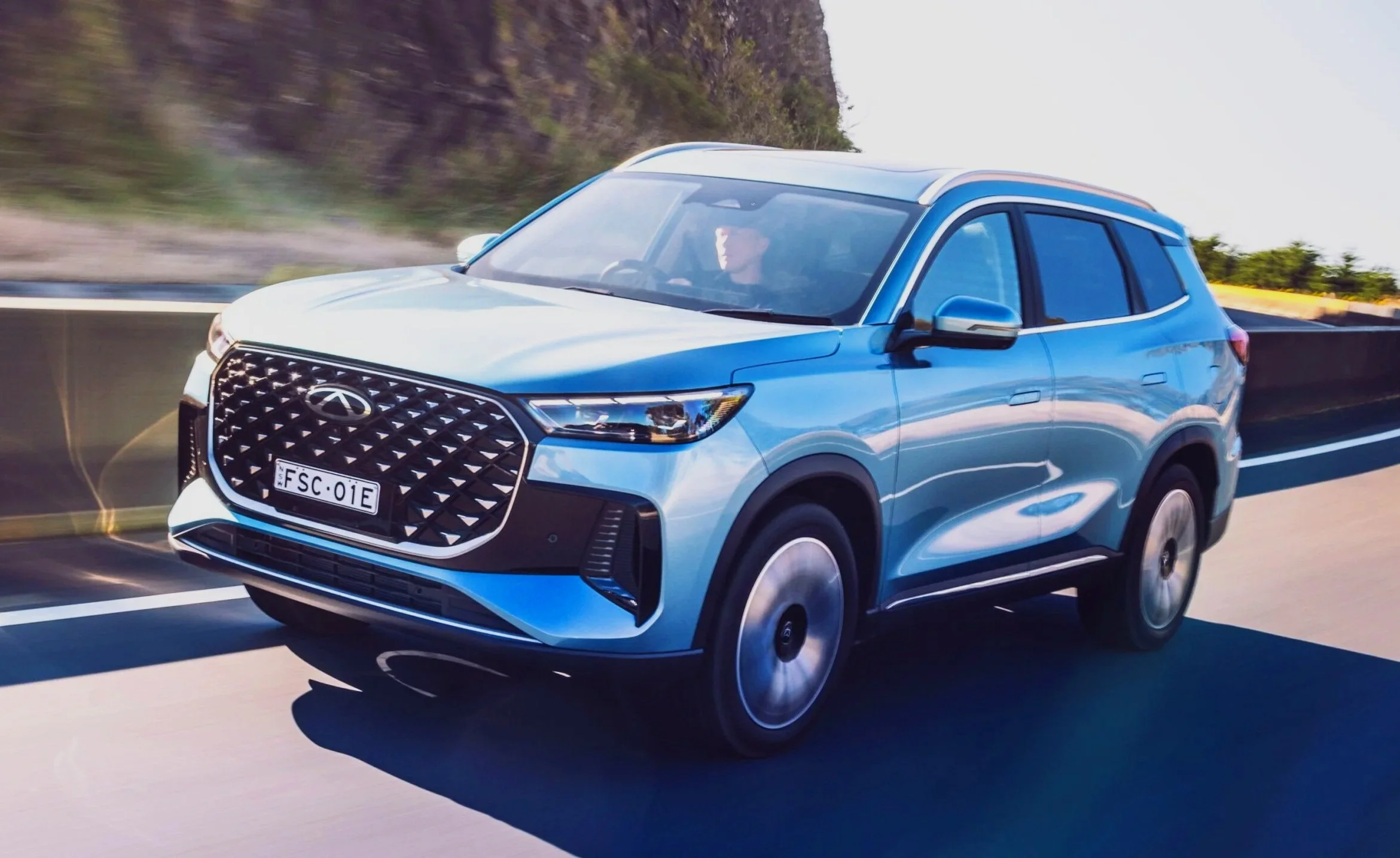Should I buy an electric vehicle?
QUESTION
Hi John,
I am considering purchasing a new car next financial year, either the petrol BMW M340i or the fully electric BMW i4 M50.
This is the first time that I have considered an EV when purchasing a car. We are finally starting to see EVs that have decent range and don’t look like Noddy’s little yellow car.
After doing some basic research online, I can already see conflicting information out there. Having watched your videos for many years I realise that you have not only the scientific knowledge to answer my questions, but also the bullshit cut-through.
I typically drive around 13,000km per year, 99 per cent of the time less than 50km on any given day. I have off-street parking where I can charge from the wall socket or install a wall charge box, with access to single and three-phase power in my garage. The maximum range quoted for the i4M50 is 521km, however, let’s assume I will drive in a slightly more spirited fashion reducing the range to say 350km. The battery is quoted at 83.9 kWh.
When charging the battery, is it recommended to keep the charge level within a band of say 20% to 90%? I have read that fully charging or fully draining the battery will decrease the battery life. Would you recommend sticking within that or a similar range of charge?
If I have a wall box, can I set it to charge for a given amount of time or until the battery reaches a pre-set level of 80% to 90% so it doesn’t automatically try to fully charge? I would rarely need to fully charge when doing country driving trips.
The charging times with a standard wall plug will obviously be very slow (36 hours?) for a full charge. Is it OK to top up (slowly) regularly using a standard plug? Is this going to reduce the battery life if I plug it in every night for 9 hours and basically recover the previous days usage?
The next option “up” would be to install a wall box. Given my driving patterns – is it worth the $2,000 investment to install a 7KW wall box? With my typical usage patterns I might only need to charge the car once a week. Is that better long term for the life / reliability of the vehicle or does it just come down to remembering to plug it in every night.
Battery life and replacement. I assume that like a mobile phone battery it will eventually start to lose capacity. Is the likely trigger for battery replacement going to be when the range is too small for normal usage patterns or is it likely to “fail” completely?
One final question. I live in a state where over 90% of our energy is generated from renewable resources. Will my personal impact on climate change be less by driving an EV than an equivalent ICE vehicle? Or are there extra ‘costs’ in terms of producing EVs, batteries or parts which will not be offset by my using 90% renewable energy instead of 100% fossil fuels?
Thanks for any guidance you can provide.
Regards,
Dieter
My AutoExpert AFFORDABLE ROADSIDE ASSISTANCE PACKAGE
If you’re sick of paying through the neck for roadside assistance I’ve teamed up with 24/7 to offer AutoExpert readers nationwide roadside assistance from just $69 annually, plus there’s NO JOINING FEE
Full details here >>
Check out my Olight discount! These flashlights are awesome and Olight supports this channel.
Get 12% off your order using the code AEJC here: https://bit.ly/3zF5hCQ
ANSWER
Dieter,
Well, for starters, the answer to the question you didn’t ask is: There’s no economically rational case for owning an EV, and it’s highly inconvenient whenever you need to drive more than 500km. (I drove a Kona electric for a year. The range estimate there, of 500-ish km, was pretty accurate.)
In general, batteries are happier accepting up to 80 per cent charge. The last 20 per cent is harder for them. Whether this makes a tangible difference to the life of a particular battery depends on the battery design and management.
Another huge factor is battery charge rate and thermal management during high rates of charge and discharge. If you want to fully understand batteries, here’s a dedicated report >>
You probably don’t need three-phase charging. Check what the maximum onboard AC charge rate is - a single-phase AC wall box will deliver about 7.5kW, which will charge the car, from empty, between coming home and going to work the next day.
Standard wall outlet is only about 2.3kW. So 84 divided by 2.3 equals about 36hrs. But you only do 50km a day so that’s only about 8kWh.
When you start talking about ‘is it worth the investment’ - you lose me, dude. Owning an EV is not economically rational; wall box economics included. If you need to ask these questions, you’re not really in the market for an EV. It’s a huge waste of cash, compared with a conventional car.
Battery life, vs mobile phone (or power tool) - those devices don’t have thermal management (cooling systems).
Either failure mode is possible (catastrophic or gradual). Unfortunately I’m not clairvoyant, especially on cars that are not yet in service. First-generation Nissan Leaf had no thermal management and failed incrementally (but way too early).
EVs Vs climate change: Cars are only responsible for 8% of total Australian emissions. Framing your EV purchase based on climate change is as indefensible as framing it through the prism of economic rationality, especially considering the lifecycle impacts of the battery production, and the fact that we do not have a regulatory environment compelling battery recycling. (Batteries are made of environmentally evil shit, including lithium hexafluorophosphate, cobalt and nickel.)
EVs are good for clean air in our cities and national energy security (both admirable objectives.)
Sincerely,
JC
LIVESTREAMS
Don't forget to join me for my 'Ask Me Anything' Q&A livestreams on YouTube (Sydney time).
Subscribe to my YouTube channel and hit the bell icon to get an alert you every time I go live.












There’s plenty to like about the 7-seat Ford Everest for hardcore off-roading and heavy towing thanks to its big V6 diesel. But is it wise dropping up to $80K on Ford these days?